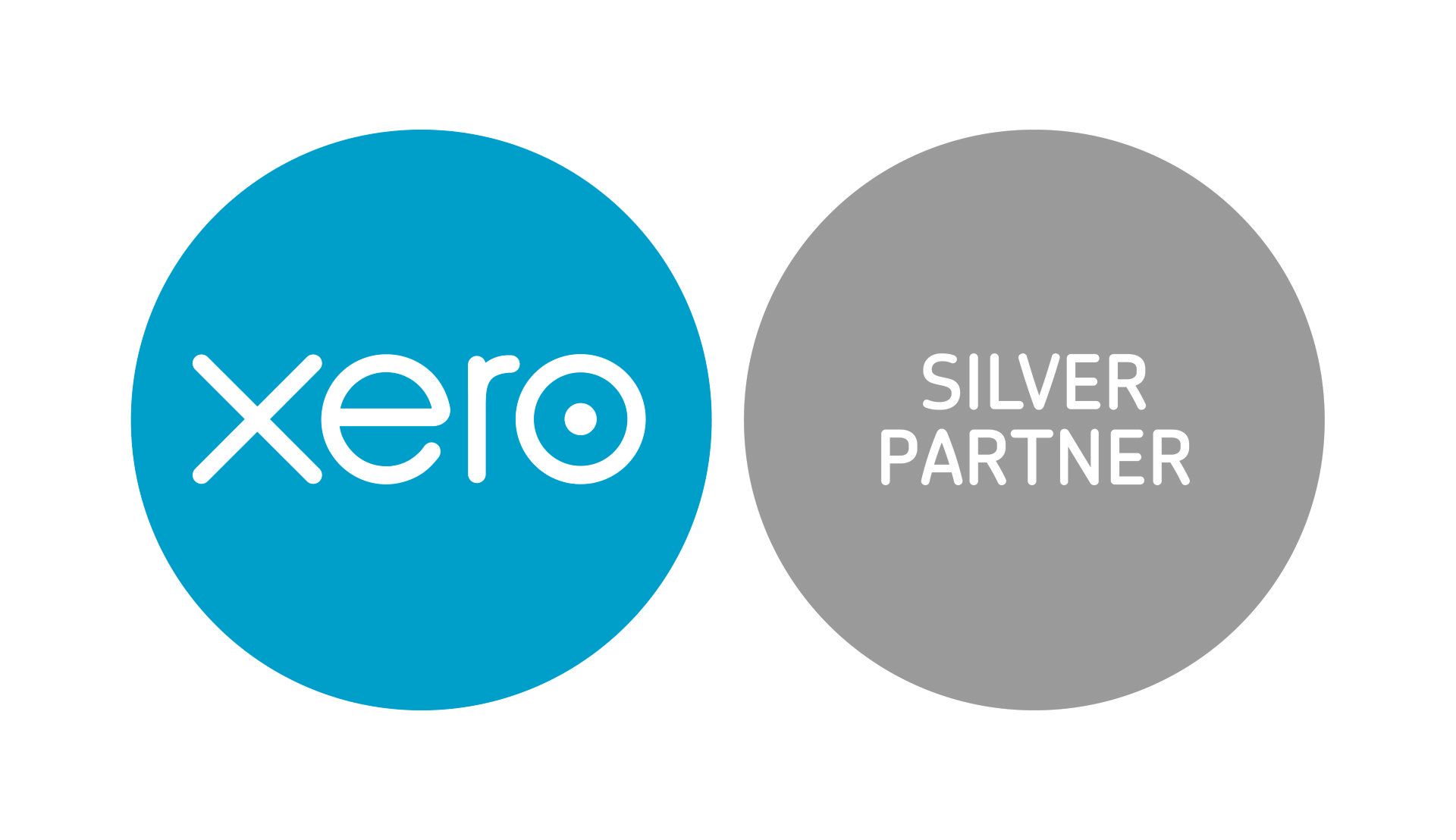Trivial benefits (for limited companies)
- By Louise Stephenson
- •
- 06 Nov, 2018
- •
- They cannot be more than £50 per benefit (1p over and the full value of the benefit is taxable)
- Benefit must not be a cash payment - however gift vouchers are allowed (but only as long as they cannot be exchanged for actual cash) Gift vouchers must be purchased at separate times from online retailers (e.g. Tesco/Amazon) otherwise they are viewed as a single benefit.
- There is no entitlement to the benefit as part of the employee’s contract (including salary sacrifice schemes).
- It is not provided in recognition of a work-related service or employment duty.
- The exemption is an ‘all or nothing’ exemption: if the value of the benefit is £60 then the full amount of £60 is taxable, not just the £10 excess.
- Directors, office holders and employees who are members of their family and household are subject to an annual cap of £300.
- Flowers
- Chocolates
- Wine (not vintage wine for investment)
- Hampers
- Taking staff for meal
- Providing a working lunch for employees (because this is related to their employment).
- Gifts, incentives or events related to performance targets or results.
- Gifts, incentives or events in relation to employment services e.g. team-building events.
- Taxis when employees work late
- An ongoing or reoccurring cost. e.g. yearly gym membership/annual broadband
- In October Mrs Smith receives a bottle of wine from the company for her birthday.
- The cost to the company is £30 and this amount is deducted from her annual cap of £300, leaving her an available exempt amount for any future trivial BIKs in the tax year of £270. - At Christmas Mr and Mrs Smith both receive a gift from the company that cost the company £50 each, and their daughter receives a gift costing £25.
- As Mr Smith has not received any other trivial BiKs, the cost of the Christmas gift is deducted from his annual cap of £300, leaving him an available exempt amount for any future trivial BiKs in the tax year of £250.
- For Mrs Smith, the cost of her Christmas gift is deducted from her available exempt amount of £270, leaving her an amount to set against any further trivial BiKs in the tax year of £220.
- Jo is an employee, but as she is also a member of the directors’ family, an annual £300 cap applies to her. The cost of her Christmas gift must be deducted from her cap, leaving her with an available exempt amount of £275 for any future trivial BiKs in the tax year.
- The available exempt amount for both Peter and George will be reduced by the cost of their own turkeys, leaving £5 and £45 respectively.
- As Sarah is not an employee, the cost of her turkey must be allocated equally between any employees who are members of her family or household and directors or other-office holders of the company.
- This means that an amount of £25 (£50/2) will be allocated to each of her brothers and deducted from their available exempt amounts.
- Peter will exceed his annual exempt amount of £300, as he only has £5 available. As the exemption is an all or nothing provision, he will be liable to tax on the full allocated amount of £25.
- George’s available exempt amount is sufficient for the allocated amount to be fully covered, and he has £20 (£45-£25) available for any future trivial BiKs in the tax year.
This article is relevant for contractors or freelancers working through their own UK limited company on contracts within the private sector and small businesses with one or two directors / shareholders.
Extracting monies from your limited company in the most tax efficient way usually involves a combination of taking a low salary and declaring some dividends.
In December 2018, the guidance was amended as to when a director must file a tax return.
Previously, the guidance stated that all directors must file a tax return despite this not being provided for anywhere else in the tax legislation.
The guidance now states that where all of an individual’s income is taxed at source and there is no further tax to pay they do not need to notify HMRC of chargeability and do not need to file a Self-Assessment tax return.
In addition, the guidance no longer specifically states directors must file tax returns.
Pension contributions can be paid both personally and by the company. At the moment, it is often tax efficient in most cases to get your company to make pension contributions, although this may change in the future.
Personal allowances and tax thresholds
From 6th April 2019
· Personal Tax-free allowance: £12,500
· Basic rate limit: £37,500
· Higher rate threshold: £50,000 (an increase from £46,350)
Income tax rates
These will remain the same:
· Basic rate - 20%
· Higher rate - 40%
· Upper rate - 45%
Dividend income tax rates
The dividend allowance currently allows the first £2,000 of dividends that would otherwise be taxed to be paid tax-free, this will remain the same for 2019-20.
The dividend tax rates remain the same which are:
Over and above the £2,000 dividend allowance any dividend income is taxed as follows:
· If you have any un-used personal allowance then that element is tax free
· Any dividends in the basic tax band attract a tax charge of 7.5%
· Dividends above the basic tax band are charged at 32.5%
· Any dividends in the upper tax band (£150,000+) are taxed at 38.1%.



